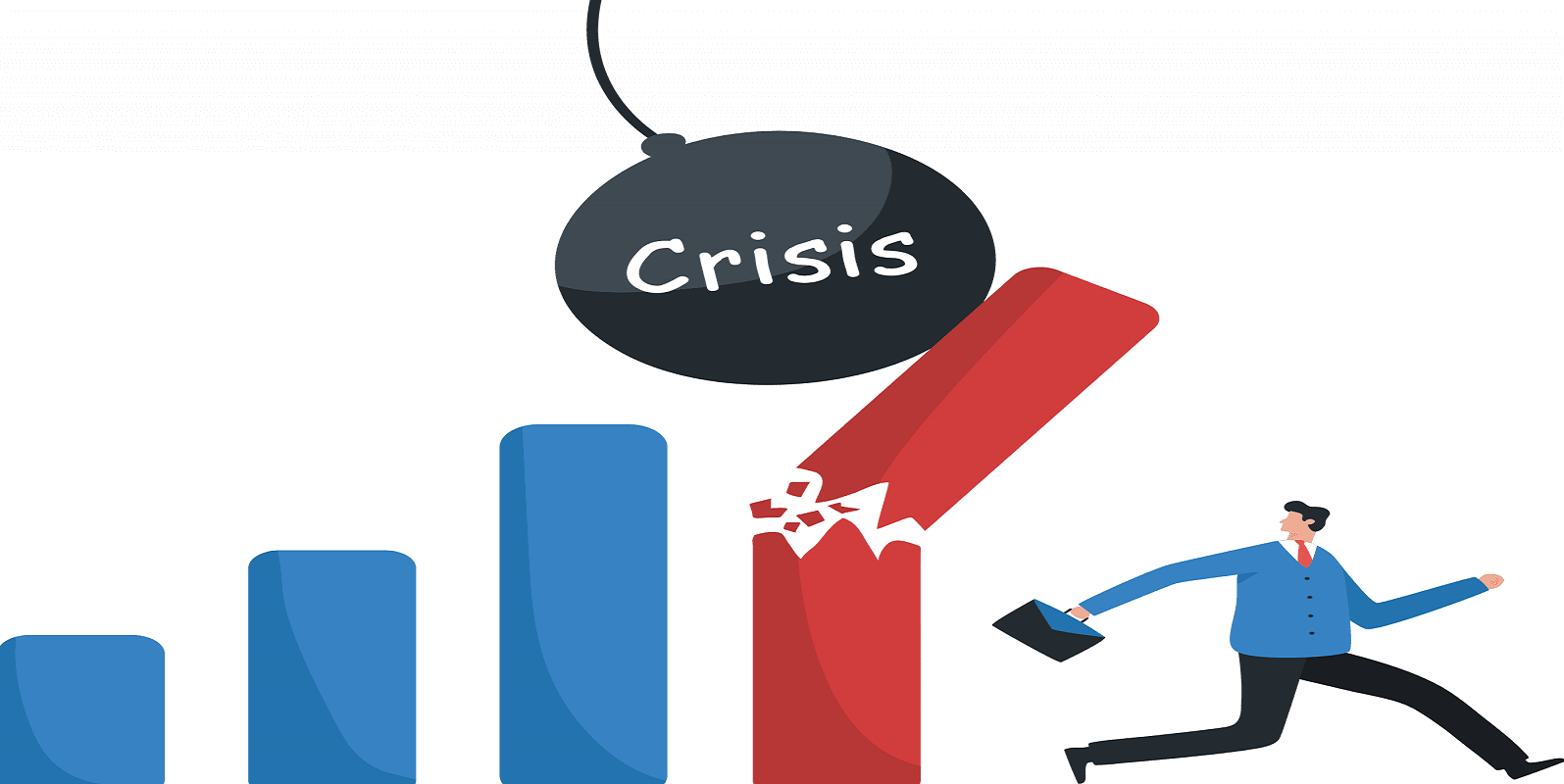
It is a marketing strategy used to confront and mitigate the impact of unexpected crises on companies. This type of marketing requires quick and effective responses to ensure business continuity and minimize damage to the company's reputation and relationship with customers. This can include direct communication with customers, adjusting marketing strategies, and providing special offers to help customers deal with the crisis.
Characteristics:
1. Rapid response: Requires immediate response to sudden changes in the market or external environment.
2. Effective communication: Relies on open and transparent communication with customers and partners to clarify the situation and actions taken.
3. Flexibility: Needs to quickly adjust strategies and plans to keep pace with changing circumstances.
4. Reputation management: Focuses on maintaining the company's reputation and managing any damage that may result from the crisis.
Benefits:
1. Brand protection: Helps protect the company's reputation in times of crisis through thoughtful responses.
2. Increased loyalty: It can enhance customer loyalty if the crisis is handled properly and professionally.
3. Business continuity: Ensures business continuity and minimizes the negative impact on revenues.
4. Building trust: Building trust with customers and partners through transparency and good communication.
Advantages:
1. Adaptability: Gives companies the ability to quickly adapt to changing circumstances and maintain stability.
2. Risk management: Can help reduce the risks associated with crises through good planning and advance preparation.
3. Exploiting opportunities: In some cases, a crisis can open up new opportunities for the company by meeting new customer needs.
4. Strengthening relationships: Strengthening the relationship with customers and partners by demonstrating the company’s commitment to supporting them in times of distress.
Disadvantages:
1. Stress and pressure: Can cause stress and tension in management and employees due to the need for a quick response.
2. Cost: Responding to a crisis may require additional costs, such as emergency marketing campaigns or special discounts.
3. Temporary impact: Some strategies may only be effective in the short term without guaranteeing long-term success.
4. Hasty decisions: Pressure can lead to making hasty decisions that may not always be well thought out.
Examples of modern Arab companies that used crisis marketing:
1. Emirates Airlines: During the Covid-19 pandemic, Emirates provided flexibility in booking and cancellation policies, and launched marketing campaigns to reassure customers about safety measures.
2. Nahdi Medical: During the Covid-19 pandemic, it strengthened its digital presence, provided free delivery services, and expanded its online medical consultations.
3. Careem: During the economic and political crises in some Arab countries, Careem offered special discounts and collaborated with local initiatives to provide its services at reasonable prices.
Crisis marketing is a vital tool for companies seeking to maintain their stability and reputation during difficult times. This approach relies on rapid response, effective communication, and flexibility, with a focus on risk management and protecting customer relationships. Despite the challenges associated with crisis marketing, it can provide opportunities to enhance loyalty and increase trust if implemented correctly. Arab companies that have successfully used crisis marketing have provided an example of how to take advantage of challenges to provide innovative solutions and support their customers in times of distress.

31/08/2024
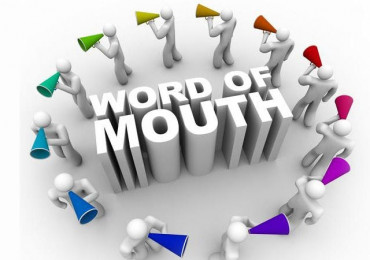
20/08/2024
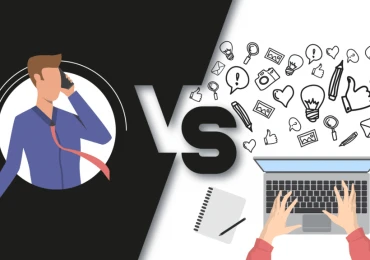
16/08/2024
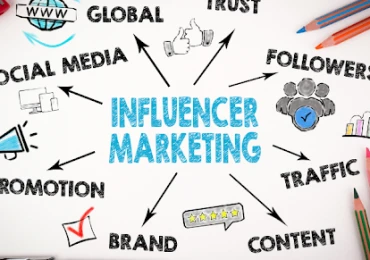
17/08/2024
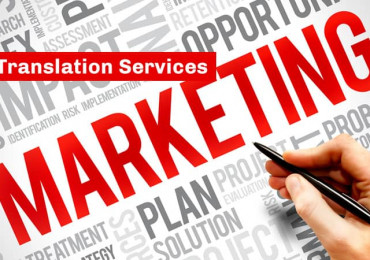
01/09/2024

30/08/2024
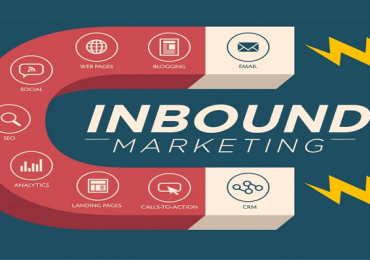
16/08/2024
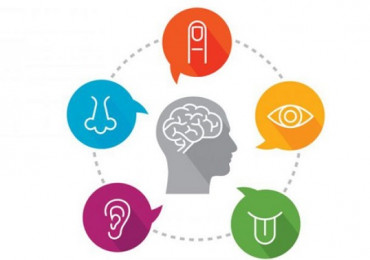
14/08/2024

20/08/2024

18/08/2024
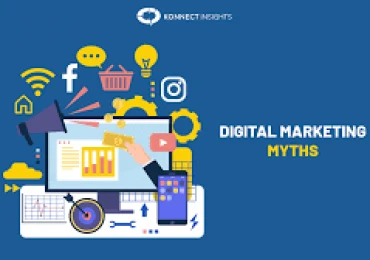
30/08/2024

14/08/2024

20/08/2024

30/08/2024

16/08/2024
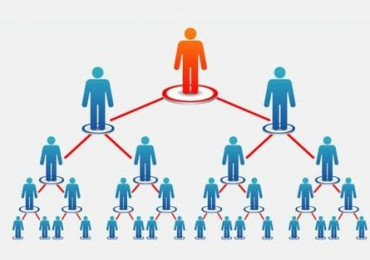
14/08/2024

17/08/2024

14/08/2024
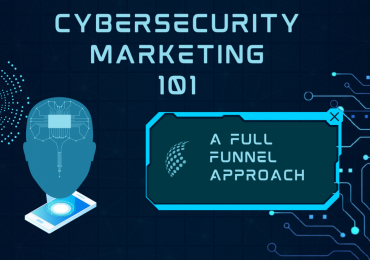
01/09/2024

01/09/2024